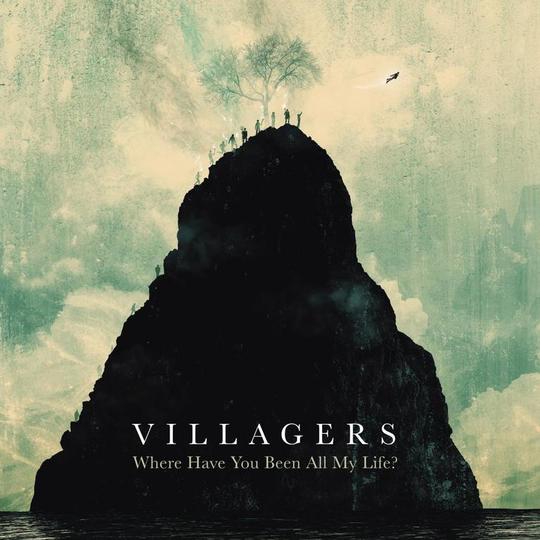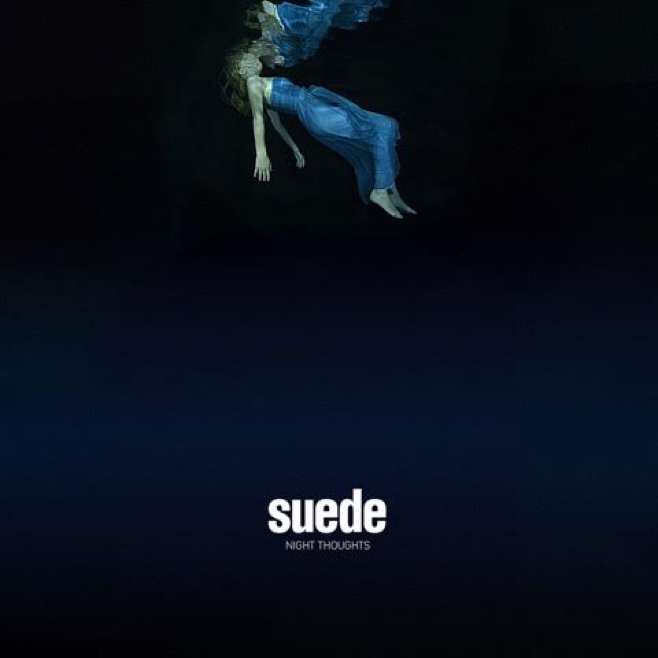It was on ‘Pieces’ from Villagers' debut album Becoming a Jackal that Conor J O’Brien first sang "There is a way down that I wish I had not found/ You just split yourself in two, one for them and one for you.” Though he might not have imagined it at the time, these words have gone on to serve as an apt illustration of the dichotomy that has been present in Villagers ever since they rose from the ashes of The Immediate in 2008. The Dublin five-piece have always had two sides to them and it is only becoming more apparent with the release of each record.
On their first two albums, Villagers were maximalists. O’Brien was still wide eyed, happy to chase any idea down the rabbit hole and it was reflected in the ambitious arrangements that sometimes got in the way of his excellent songwriting. Recently, however, the group has reduced itself to an altogether quieter and more introspective proposition, opting for clarity and directness over their previous bluster. This shift in aesthetic was particularly evident on last year’s Darling Arithmetic and it is that record which seems to have been the catalyst behind this new collection of ‘reimaginings’ from the group’s back catalogue.
Recorded over a single day last summer at London’s RAK Studios, Where Have You Been All My Life? excavates tracks from the past eight years and intersperses them with newer entries in the band's repertoire, melding them seamlessly into one fluid listen. ‘Set the Tigers Free’, one of the earliest songs here, is given new life thanks to the addition of some heavenly backing harmonies and new time signature while the delicate rendition of ‘That Day’ is superior to its original recording. ‘The Waves’ - which first appeared on {awayland} as an electronica-influenced enigma - has undergone the most jarring transformation here, being stripped down to its bones and packing all the more punch for it.
The songs from Darling Arithmetic – which make up exactly half of the record – are more-or-less faithful to the originals with only some subtle drums brushes and double bass being added to the mix. ‘Courage’, one of O’Brien’s most honest and direct compositions, is just as powerful here as it was when it first appeared last summer and shows that O’Brien doesn’t need the clatter of his band behind him to hit hard. ‘Hot Scary Summer’ meanwhile is another highlight setting its tale of homophobia and doomed romance against a lush swooning chorus.
When an artist chooses to re-record their earlier work, it is often greeted with a degree of cynicism, and while there is much to enjoy here, there are question marks over how worthwhile rehashing one’s discography in such a fashion is when there is so little new material on offer. For those hoping to hear new music, the closest you’ll get is ‘Memoir’ – which first appeared as a standalone duet with Charlotte Gainsbourg back in 2011 – and the fine cover of Glen Campbell’s ‘Wichita Linesman’ that closes out the album. Both are excellent, but they only serve to whet the appetite further for the unfamiliar that is unforthcoming.
Ultimately, while the record will prove to be an enjoyable distraction for ardent fans, it’s hard to shake the feeling that these revamps might have been better saved for the live setting. For a songwriter as talented as O’Brien, one would hope that next time round he looks toward the future rather than the past.
-
6Robert Higgins's Score























